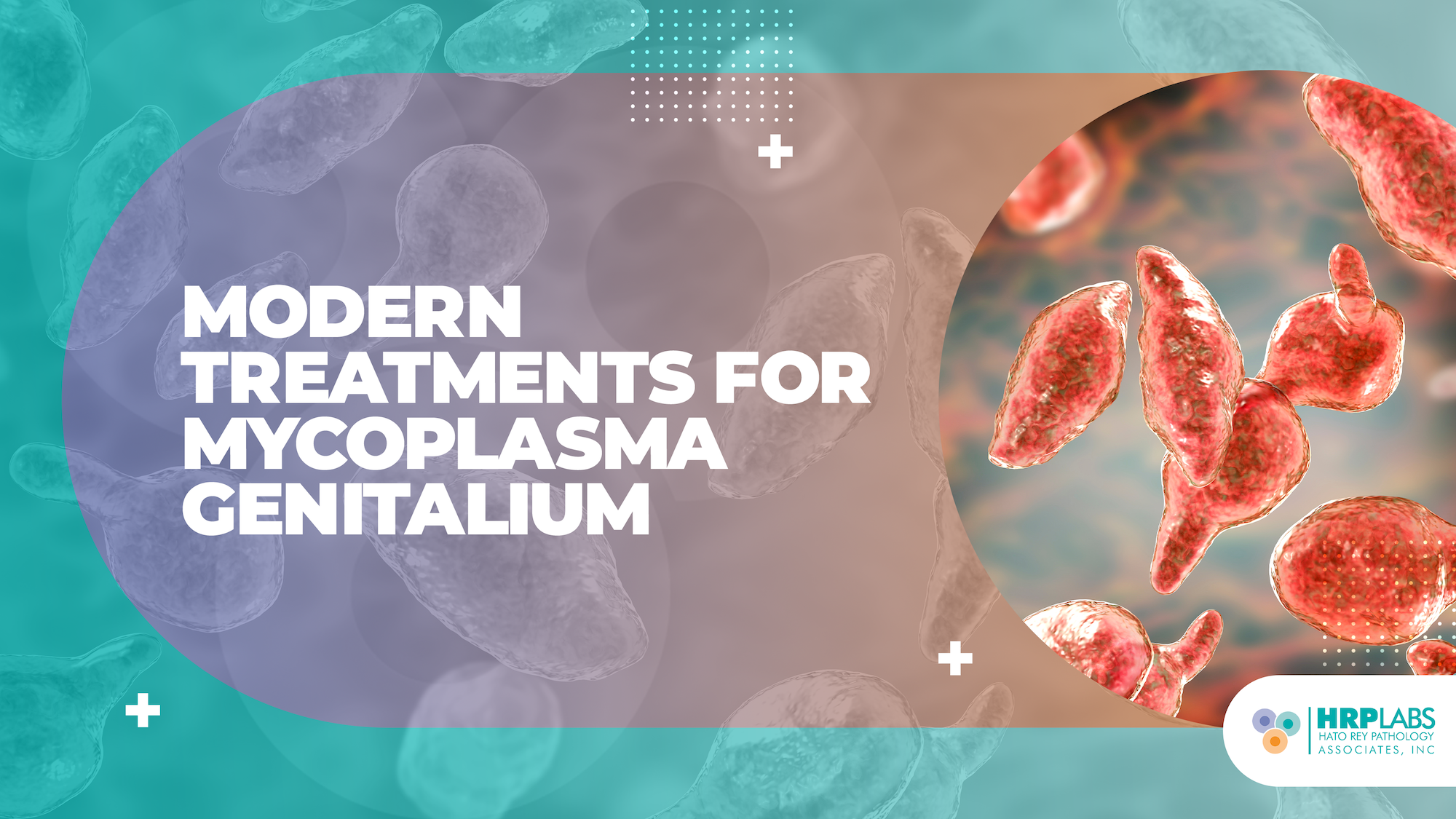
Mycoplasma genitalium (M. gen.) is an emerging sexually transmitted infection (STI) that primarily affects the urinary and genital tracts. Known for its resistance to many antibiotics, treating M. gen. presents a significant challenge.
History and Classification
Mycoplasma genitalium was first isolated in 1980 from patients with non-gonococcal urethritis and identified as a distinct species in 1983. It belongs to the genus Mycoplasmoides within the phylum Mycoplasmatota. Its unique flask shape is crucial for its adherence to host cells, facilitating infection.
Transmission and Prevalence
Mycoplasma genitalium transmission occurs through sexual contact, including vaginal and anal intercourse, and possibly through non-penetrative sexual contact. It can be asymptomatic, meaning people can carry the infection without showing symptoms. Recent studies suggest that over 1% of sexually active adults may be infected with M.gen.
Symptoms and Health Implications
Although many individuals do not show symptoms, Mycoplasma genitalium can cause various health issues:
- In Men: Symptoms may include urethritis, characterized by burning during urination and penile discharge.
- In Women: Symptoms may include vaginal discharge, pain during intercourse, and bleeding between periods. M.gen. has been associated with more severe conditions such as pelvic inflammatory disease (PID), which can lead to complications like infertility and preterm delivery.
Diagnosis and Treatmen
Diagnosing M.gen. can be challenging due to the lack of FDA-approved tests specifically for this infection. The nucleic acid amplification test (NAAT) is commonly used, requiring urine samples or swabs from the vagina, cervix, or urethra.
Treating M.gen. infections is complicated by increasing antibiotic resistance, particularly to azithromycin, which was previously the first-line treatment. Moxifloxacin is often used as an alternative, especially in cases of resistance. This resistance has led to the development of resistance-guided therapies to improve treatment efficacy.
Current Treatment Options
- Doxycycline followed by Moxifloxacin:
- Indication: For cases where resistance testing is unavailable or if macrolide resistance is confirmed.
- Doxycycline followed by Azithromycin:
- Indication: For patients with macrolide-susceptible M.gen. or when moxifloxacin is unavailable.
Alternative Treatments
Solitromycin: This promising agent has potent activity against M.gen. but is not yet FDA-approved. It has shown efficacy in some studies, though more research is needed to establish its role in standard treatment protocols.
Lefamulin: Another antibiotic that has shown potential for treating persistent M.gen. infections, although it is also not widely available for this indication.
Considerations
There is a significant prevalence of macrolide resistance in M.gen., reported to exceed 40% in many regions. This has led to recommendations for resistance-guided therapy, where the choice of treatment is based on the resistance profile of the infecting strain.
For patients who do not respond to standard treatments, expert consultation is advised to explore alternative regimens, including combination therapies or newer agents like Sitafloxacin, which have been investigated for highly resistant cases.
Prevention
Preventive measures include the use of condoms during sexual activity and limiting the number of sexual partners. Regular STI screenings and open communication with sexual partners about STIs are also recommended to reduce the risk of transmission.
Mycoplasma genitalium is a significant STI with potential health implications, particularly due to its increasing antibiotic resistance and the challenges associated with its diagnosis and treatment. Prevention and proper management are essential to control this infection. Do not hesitate to contact us at 787-765-7320 or email customerservice2@hrplabs.com.

